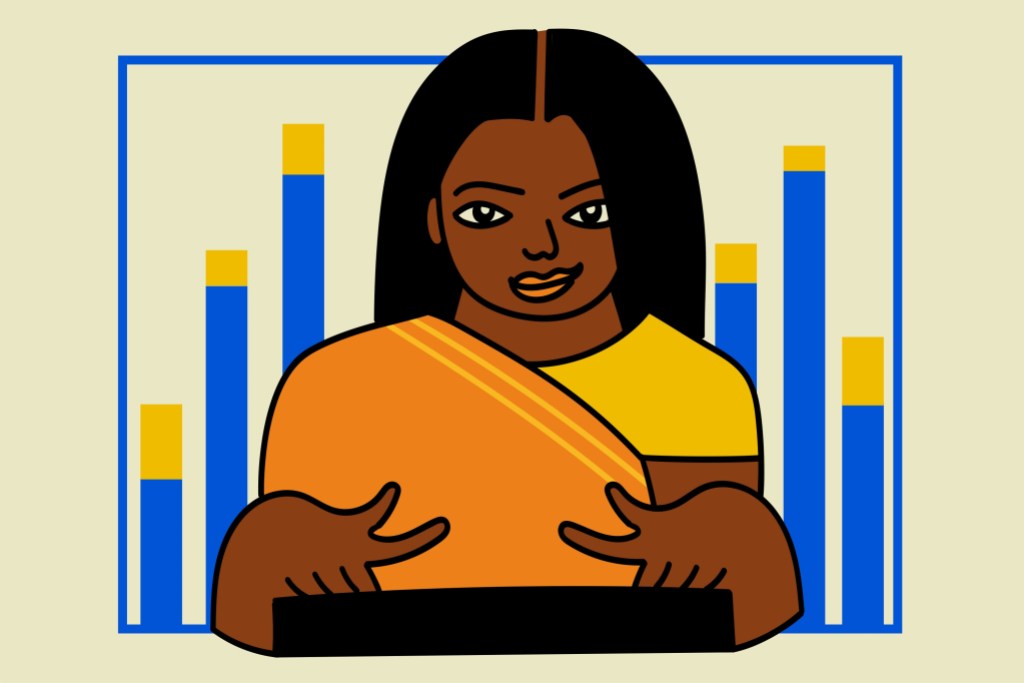Fairness does not mean everyone gets the same.
Fairness means everyone gets what they need.
~ Rick Riordan
With the volunteer-driven network of individuals, affiliates and partners working to advance the agenda of Open Knowledge across the worldwide Wikimedia movement ecosystem, diversity, inclusion, and equity are central. Our collective success in expanding free knowledge depends on how welcoming and inclusive we are within our movement. There is no shared data collection effort in our movement on these topics, currently and we need a more diverse data landscape to understand the political, social, and economic barriers contributors may face in movement engagement. To demonstrate progress on Wikimedia Foundation’s mid-term plan and Movement Strategy, we need to understand this data landscape so that we can take action as well as measure our collective impact.
To help address this need, Global Data & Insights team will launch a pilot beginning February 2022 for consultation on a new project mapping existing Wikimedia Movement engagement data by geography. The project intends to use data to help our movement have a better understanding of diversity, equity, and inclusion across known pathways for engaging with Wikimedia, including reading and editing or organizing programs, grants, or affiliates. It will help us answer shared questions such as who is in our movement, what voices are missing where, and are we equitably supporting emerging communities. We are recruiting community-based movement organizers, grantees, and affiliate volunteers to partner in piloting our two key use cases in February and March 2022. The purpose of the pilot is to gather feedback and suggestions from community participants about the project and metrics design. Some participants will also be able to directly test pilot a beta version of the data landscape dashboard and metrics. As a result of this work, movement communities, from infrastructural supporters (Admins, Steward, Bureaucrats) to Movement organizers, grantees, and affiliates will have access to a public data portal to see and analyze our collective progress toward equity and inclusion in our movement.
The Big Idea
We have a lot of data, the world has a lot of data, let’s compile what we have to begin answering basic questions.
To begin to do this, we have assembled our internal engagement and social research metrics alongside aligned global data indicators to enable examination of the progress at diversity, inclusion, and equity:
- across domains of engagement (e.g., reading, editing, movement organizing),
- along geographic lines, and
- within a community’s national or regional context.
For the pilot, the two use cases are:
Use Case 1: Directing grant funds and resource opportunities to spaces ready for growth
For this use case we would like to work with grant-makers, grant-making committees, grant applicants, and strategic organizing hubs who will pilot the data and dashboard to answer questions relevant to their own project decision-making.
Potential reflection questions for piloting and decision-making in this use case include:
- Is a potential partner or grantee proposing a project in a country, language, and project space with an adequate reader or editor presence and/or high growth potential, to accomplish its goal(s)?
- Is a partnership opportunity or grant request in line with the country’s Wikimedia presence, and proportionate to their base?
- Might a potential partner or grantee face potential barriers to freedom or access which may prevent reaching goals in the targeted geographic space(s)?
- How many other affiliates may be operating in the same space.
Use Case 2: Directing non-monetary support and partnership opportunities to spaces ready for development and able to support the work.
For this use case we would like to work with community organizers, affiliates, grantees, governance and recognition committees, as well as movement researchers and staff focused on international development, engagement, or support. They will pilot the data and dashboard to answer questions relevant to their own project decision-making.
Potential reflection questions for piloting and decision-making in this use case include:
- Which countries or regions have a strong affiliate presence and reader base but are lacking in editorship?
- Does a country or region have a well-balanced movement organizer ecosystem to support an international event or extensive collaborative partnership?
- Which countries and regions have the most potential for growth in different domains?
- To what extent does a country engage in various languages and projects?
- What countries may need capacity support to enable movement coordination?
Space in the pilot is limited and requires selected participants to commit their time during the pilot window. We request a time commitment for participation in group data sessions, technical support sessions, and individual data exploration (~5 hours per participant). If your work aligns with one of the two use cases planned for the pilot, and you are available and interested, please post on the talk page before January 24, 2022 to let us know you want to be part of the data pilot!
How you can participate
- Follow our meta page to keep up to date with progress passively.
- If you think one of the above use cases applies to you, and are interested and available to participate in the data pilot in February and March 2022, sign-up on the talk page
- If you would like to receive a message to remind you at the start of the general consultation input period, sign up on the talk page.
– Namrata Ray & Jaime Anstee, Global Data & Insights team

Can you help us translate this article?
In order for this article to reach as many people as possible we would like your help. Can you translate this article to get the message out?
Start translation
